The Burundian army has confirmed the arrest of a Rwandan soldier who crossed their shared border earlier this week, reigniting tensions between the two East African neighbors amid ongoing regional instability.
In separate statements issued Wednesday, both armies acknowledged that Sergeant Sadiki Emmanuel, a driver with the Rwanda Defence Force (RDF), was detained after entering Burundian territory at the Gasenyi-Nemba crossing. However, their accounts of the incident diverge significantly.
The Rwandan Defence Force RDF said in a statement posted on X (formerly Twitter) that Sadiki “inadvertently strayed” into Burundi on September 24 and was subsequently arrested by local police. “RDF regrets this unfortunate common border incident and will undertake necessary diplomatic actions with the Government of Burundi to bring the soldier back home,” the statement read.
Burundi’s army presented a different version, claiming that the soldier advanced roughly 700 meters into its territory before being detained. According to Burundian officials, Sadiki admitted to losing his way back to camp after spending time at a bar near Gako military base. They added that he “attempted to flee but without success” and is now being held at the Kirundo police station in Busoni commune, northern Burundi, as investigations continue.
Historic Strains and Regional Tensions
Relations between Burundi and Rwanda have been tense for years, particularly following Burundi’s 2015 failed coup attempt, which led to the closure of several border posts. Although the borders were reopened in 2022 under President Evariste Ndayishimiye, mistrust persists, driven by mutual accusations of supporting rebel groups and ongoing security concerns along the frontier. At the time of the coup attempt, Gitega accused Kigali of harboring coup plotters and backing insurgents—claims Rwanda has consistently denied.
Rwanda, in turn, has long alleged that Burundi supports the Democratic Forces for the Liberation of Rwanda (FDLR), a rebel group linked to the 1994 genocide. Tensions have resurfaced in recent months over the conflict in eastern DRC, with Burundi and international actors accusing Rwanda of backing the M23 rebellion, an allegation Kigali firmly rejects.
Earlier this year, Burundian President Evariste Ndayishimiye warned that the conflict in eastern DRC could spill over into a regional crisis, urging Burundians to remain alert and prepared for any provocation.
Rising Security Fears Along Borders
The incident coincides with renewed security warnings from Western governments over instability in Burundi’s border regions. Earlier this week, Canada and the Netherlands issued heightened travel advisories, citing violent clashes near the DRC border and the movement of armed groups across the frontier.
“Border security remains a concern in Bubanza and Cibitoke provinces due to violent clashes in eastern DRC and occasional cross-border movements of armed groups,” Canada’s foreign ministry said in a statement, warning of risks including banditry, kidnappings, and attacks on civilians.
The Netherlands classified areas along the DRC and Rwandan borders as “red zones,” urging citizens to avoid travel there under any circumstances. It also cautioned travelers to steer clear of major roads such as RN5 and RN9 between dusk and dawn due to frequent rebel activity.

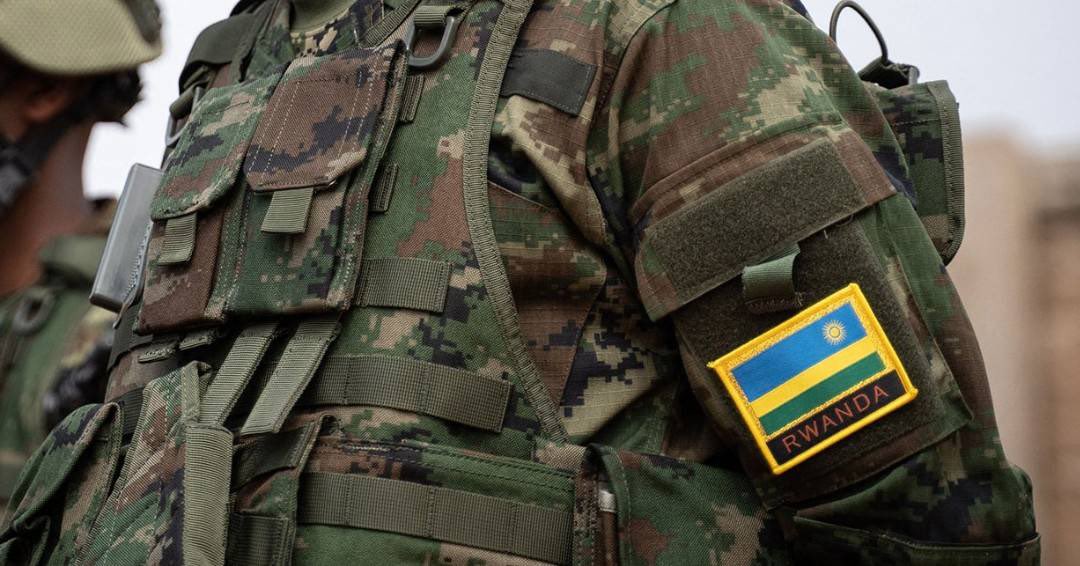
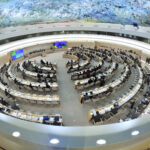
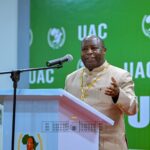
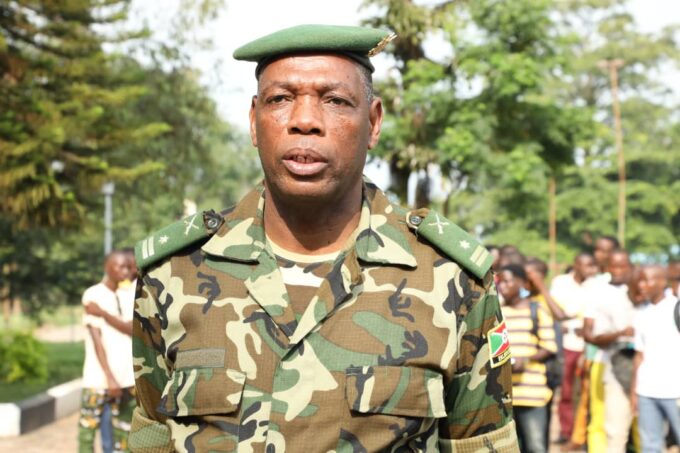
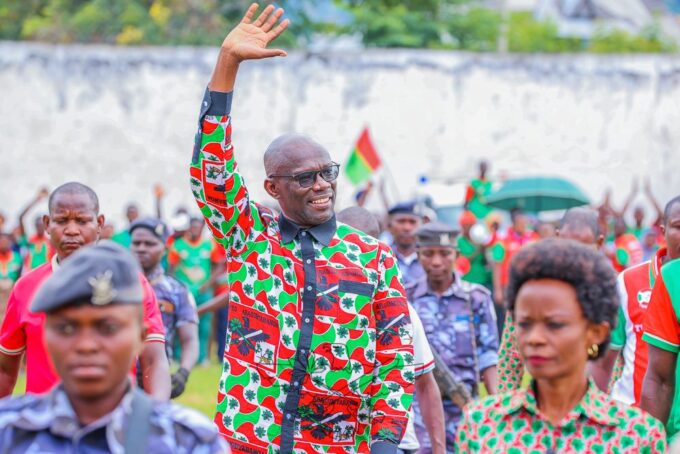
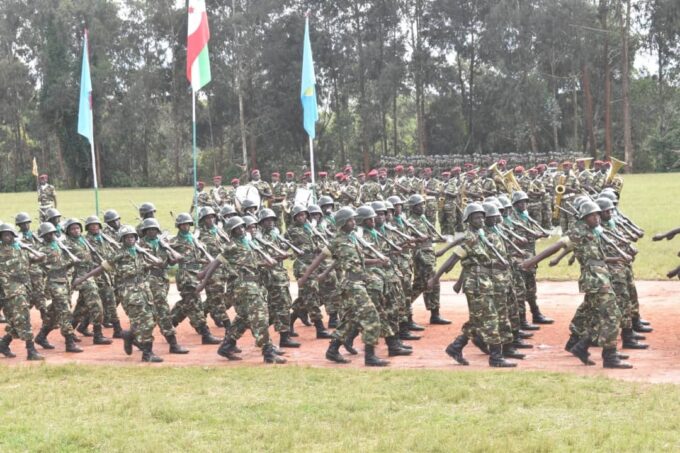
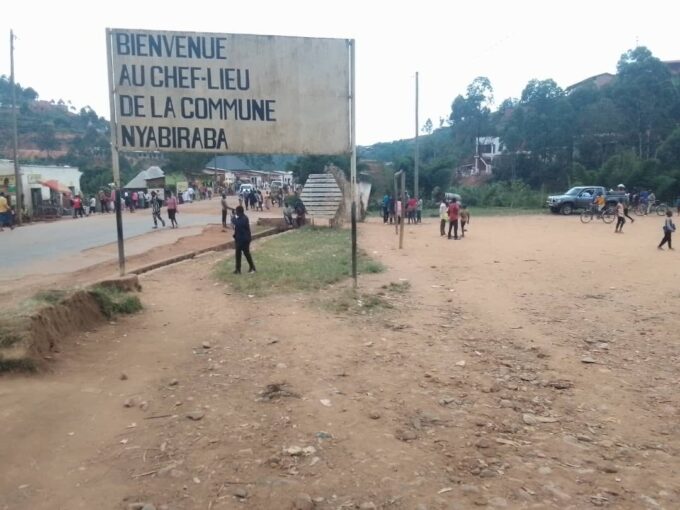
Leave a comment